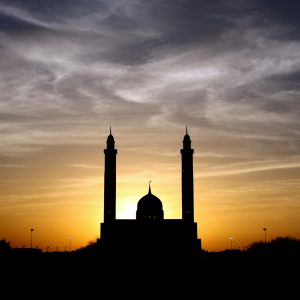Unfortunate Rohingya are easy prey for human smugglers
Traffickers mostly locals groom potential victims and connect them to larger trafficking networks
DHAKA, Bangladesh – Rohingya refugees housed in camps in Bangladesh and Myanmar’s Rakhine State are vulnerable to human trafficking because of their desperate situation.
Discrimination, lack of opportunities, and poor living conditions make them easy prey for traffickers.
These traffickers mostly locals groom potential victims and connect them to larger trafficking networks that transport them to different cities and eventually to third countries for work or ransom.
This makes it difficult to track down and prosecute traffickers and more difficult for refugees to escape their clutches.
The U.S. State Department ranks Myanmar as the third worst country for anti-trafficking cooperation.
The dire living conditions in Bangladeshi camps also forces many Rohingya to take dangerous measures.
Rohingya activists and residents are calling for increased efforts to combat human trafficking in the camps and villages.
They also call for easing restrictions that limit refugees’ rights to travel, work, and education.
These measures are seen as essential to protect the vulnerable Rohingya population from the grip of traffickers.
More than 140,000 Rohya are housed in camps in Rakhine’s Sittwe city in Myanmar.
A U.K.-based Burmese Rohingya organization has described these camps as “open-air prisons.”
Another 740,000 Rohingya are camped in Bangladesh.







